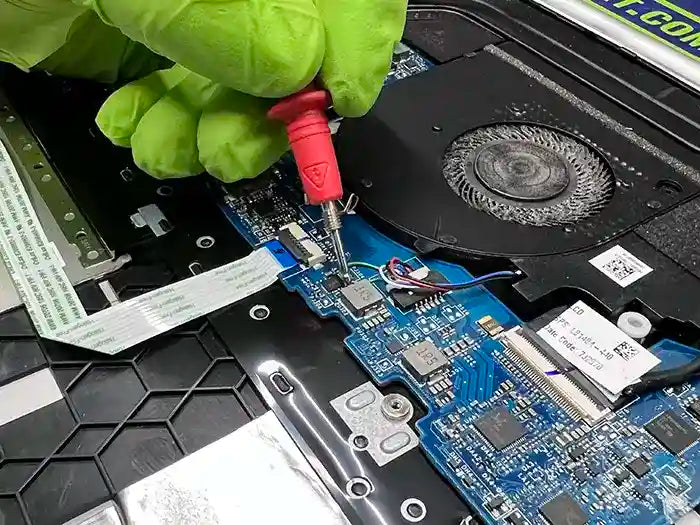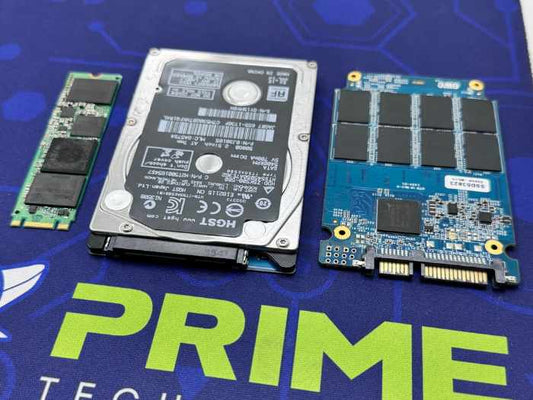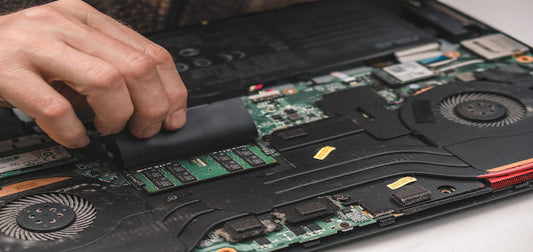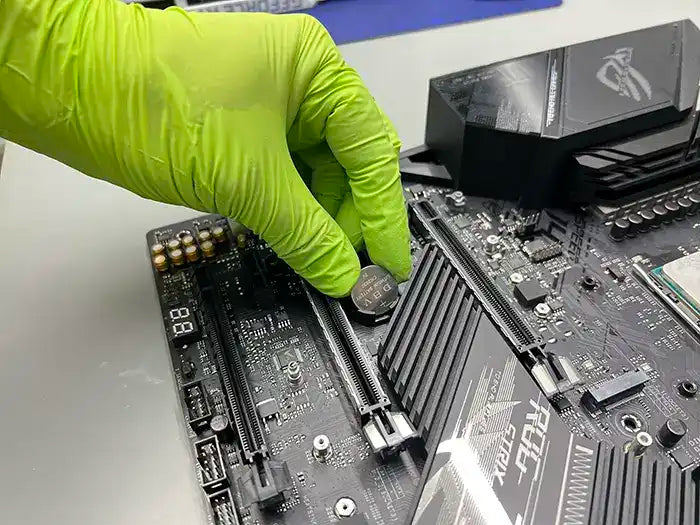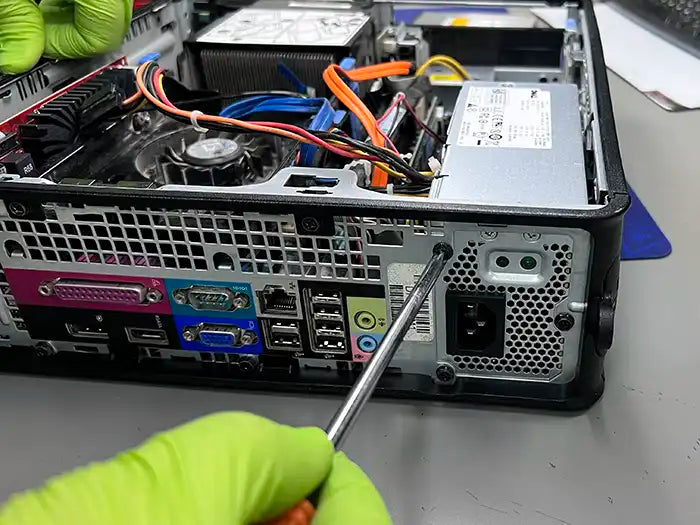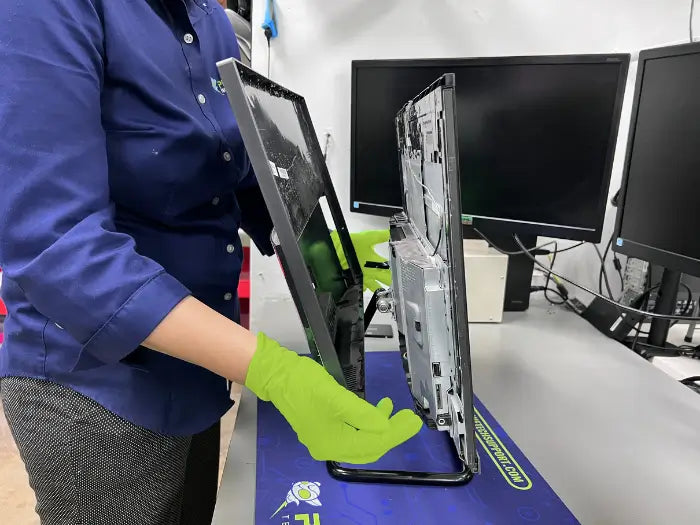Solve Your Slow Laptop Woes: A Professional Step-by-Step Guide

As laptops become an integral part of our daily lives, their performance can be a critical factor in our productivity. However, when laptops begin to slow down, it can become frustrating and lead to a decrease in efficiency. In this step-by-step guide, we will explore the process and procedures of diagnosing a slow laptop's performance in terms of hardware and software issues.
Laptop guide to diagnose hardware and software issues
Identify whether the issue is hardware or software related.
Slow performance can be caused by a variety of factors, including outdated drivers, insufficient RAM, and hard drive issues. If the issue is software related, we can take steps to optimize the system and remove any software that is causing the laptop to slow down. However, if the issue is hardware related, we may need to replace the faulty hardware components to restore the laptop's optimal performance.
Check the laptop's task manager to identify any programs that are consuming more resources than usual.
In Windows, press Ctrl + Shift + Esc to open the task manager. The task manager displays a list of programs currently running on the laptop and their resource usage. We should identify any programs that are consuming a high percentage of the laptop's CPU, memory, or disk usage. Once we have identified the culprit, we can either uninstall the program or find ways to reduce its resource usage.
Schedule a Laptop Diagnostic to improve performance!
Ensure that the laptop's drivers are up to date.
Outdated drivers can cause a variety of performance issues, including slow performance. We should check the manufacturer's website for any available driver updates and install them if necessary.
Make sure that the laptop has sufficient RAM.
If the laptop does not have enough RAM, it can lead to slow performance, particularly when running multiple programs simultaneously. We can check the laptop's RAM usage in the task manager and upgrade the RAM if necessary.
Check the laptop's hard drive for any issues.
Slow performance can be caused by a failing hard drive or insufficient space on the drive. We can use the Windows built-in disk check tool to scan the hard drive for any errors and free up space by removing any unnecessary files or programs.Scan the laptop for malware or viruses.
Malware or viruses can cause slow performance by consuming system resources or performing malicious actions. We should use reputable antivirus software to scan the laptop and remove any malware or viruses found.
Perform a clean installation of the operating system.
If all other steps have failed, a clean install of the operating system can help to restore the laptop's performance to its optimal state. However, we should only perform a clean install as a last resort since it will erase all data on the laptop.
In conclusion, diagnosing a slow laptop can be a complex process that requires professional experience to solve the issue. By following these steps, we can identify the issue and take appropriate actions to restore the laptop's optimal performance. If you require professional assistance in diagnosing and repairing slow laptop performance issues, Prime Tech Support is here to help.
Our experienced technicians in Miami provide diagnostic, repair, and maintenance services to devices with the latest software and hardware testing tools. Contact us today to get started on optimizing your laptop's performance.
PROFESSIONAL SUPPORT
Computer Repairs
Fast tech support for Computer Repairs. We exceed customer expectations and ensure satisfaction.
